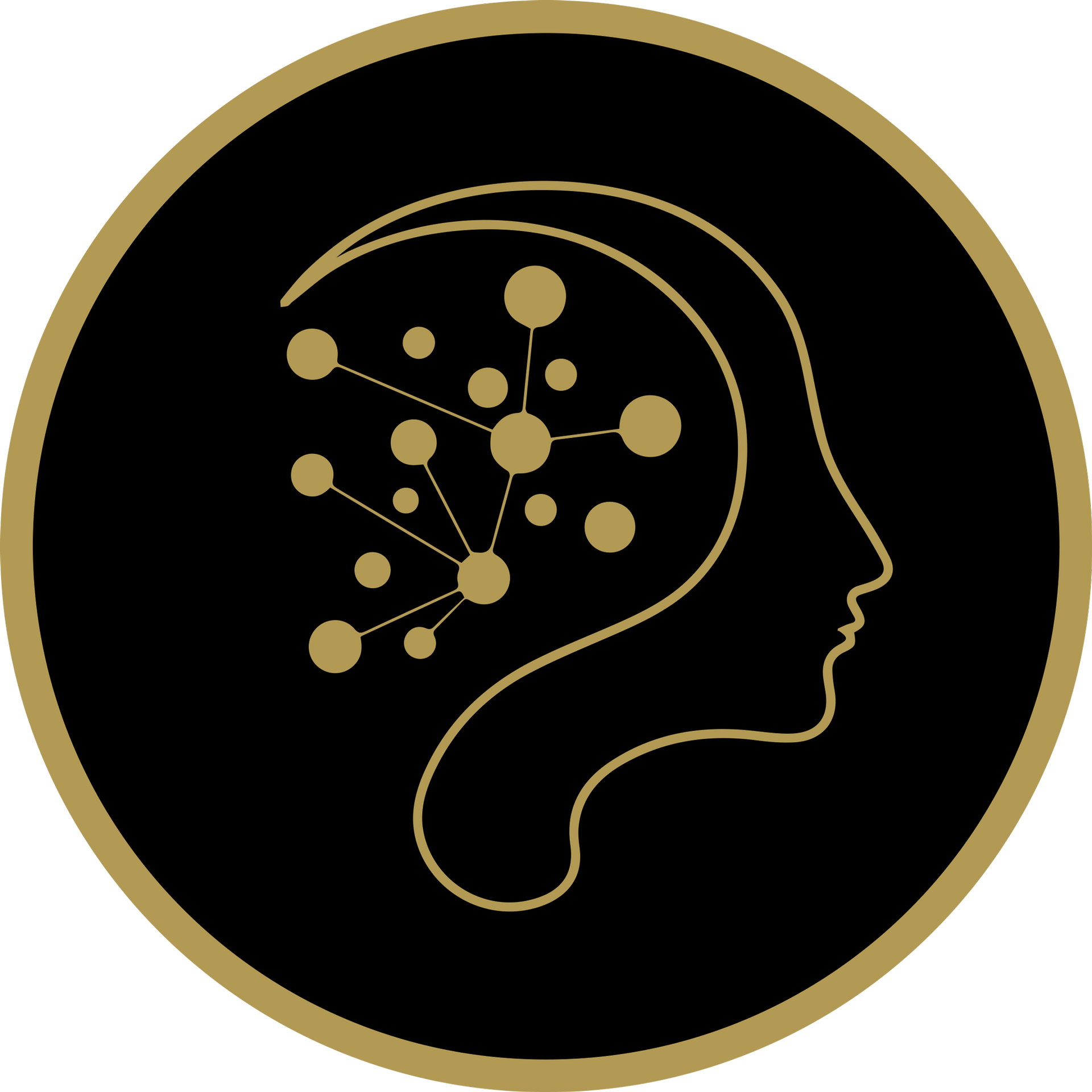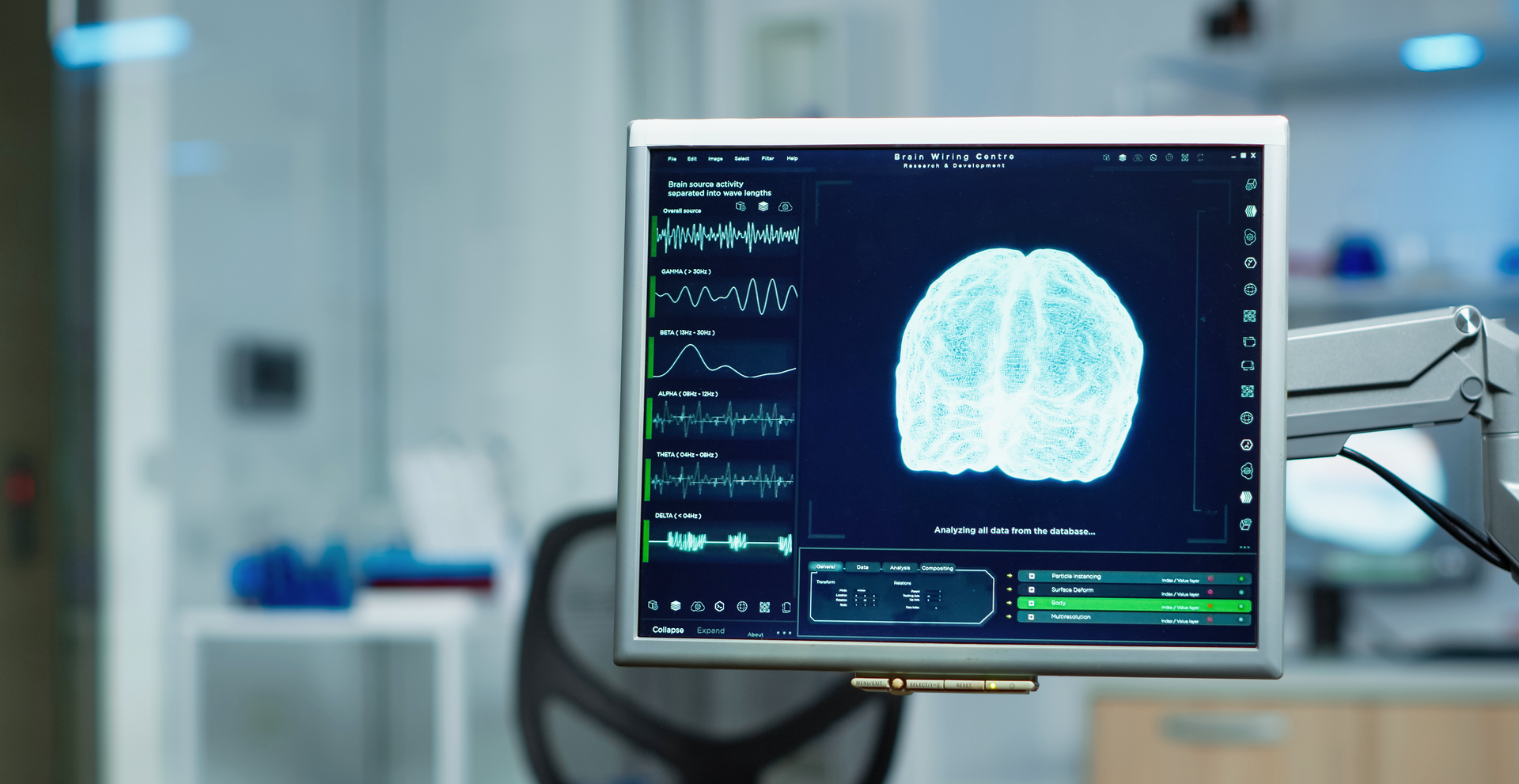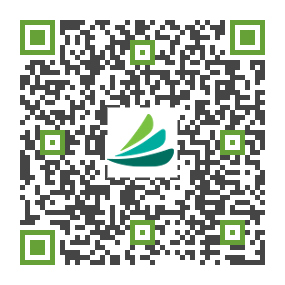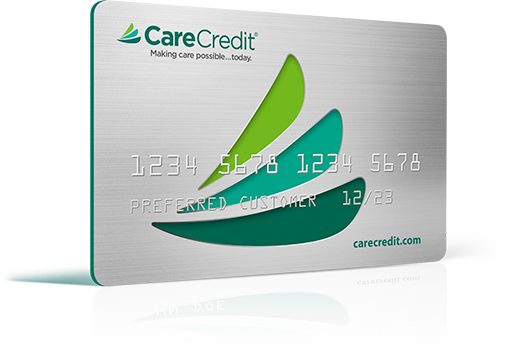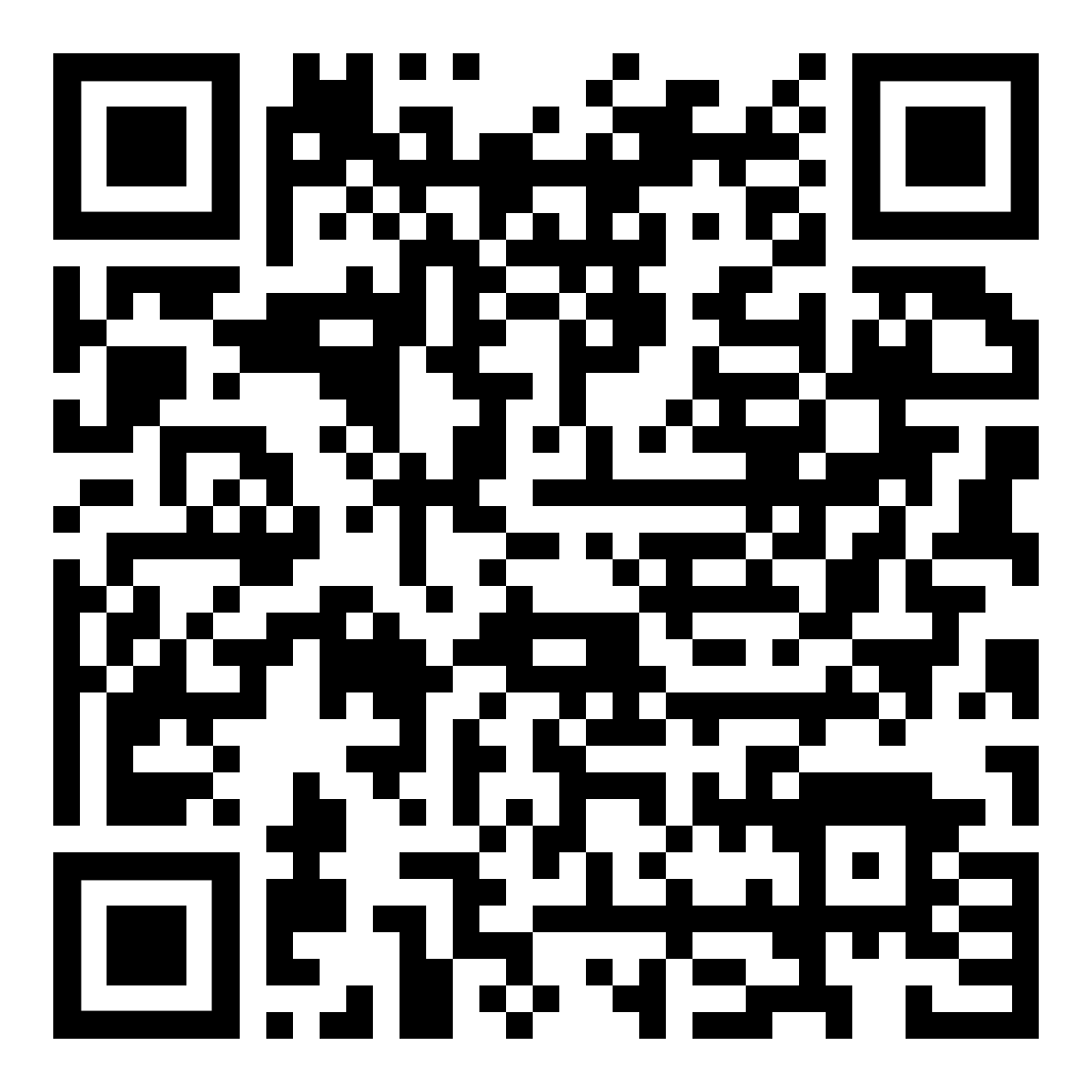Breaking Through the Darkness with Esketamine for TRD
Depression is more than just feeling blue; it's a pervasive condition that can overshadow every aspect of life. For many, standard treatments like antidepressants and therapy bring relief.
But for those with treatment-resistant depression (TRD), the battle is relentless and exhausting. Enter esketamine, a groundbreaking approach offering new hope for those who've found little solace in traditional methods.
In this blog, we'll explore what esketamine is, how it works, and why it's a game-changer for those grappling with TRD.
Understanding Treatment-Resistant Depression
What Is Treatment-Resistant Depression?
Treatment-resistant depression, or TRD, refers to a form of depression that doesn't respond to standard treatments. Imagine trying multiple medications and therapies and still feeling trapped in a fog of despair. This is the reality for about one-third of people with major depressive disorder (MDD).
Why Standard Treatments Often Fail
Standard antidepressants, like SSRIs and SNRIs, target serotonin and norepinephrine in the brain. While these work for many, they don't address the underlying complexities of TRD. Factors like genetic predispositions, brain chemistry, and life experiences can make traditional treatments ineffective.
The Emotional Toll of TRD
Living with TRD often means enduring constant fatigue, persistent sadness, and a lack of interest in life’s pleasures. This relentless struggle can affect relationships, job performance, and overall quality of life. The search for relief can become a never-ending, emotionally draining quest.
INTRODUCING ESKETAMINE
What Is Esketamine?
Esketamine is a derivative of ketamine, an anesthetic known for its rapid-acting antidepressant effects. Unlike its parent compound, esketamine is designed specifically to treat depression. It's administered intranasally, providing a quick and efficient way to deliver the medication.
The Science Behind Esketamine
Esketamine works differently from traditional antidepressants. It targets the NMDA receptors in the brain, which play a crucial role in synaptic plasticity and neurotransmission. By doing so, it helps restore connections between brain cells, offering rapid relief from depressive symptoms.
FDA Approval and Clinical Trials
In 2019, the
FDA approved esketamine for TRD
based on robust clinical trials. These studies showed significant improvement in depressive symptoms within 24 hours of administration. The approval marked a significant milestone in the treatment of depression, providing a lifeline for many.
THE Mechanism of Action
How Does Esketamine Work?
Esketamine's mechanism involves blocking NMDA receptors, which leads to increased levels of glutamate. This neurotransmitter activates other receptors that help strengthen and form new synaptic connections, promoting brain plasticity and resilience.
Quick Relief from Symptoms
One of the most compelling aspects of esketamine is its rapid action. Unlike traditional antidepressants that can take weeks to show effects, esketamine often provides noticeable relief within hours. This quick turnaround can be life-changing for someone in the depths of a depressive episode.
Long-Term Benefits
While esketamine offers rapid relief, its long-term benefits are equally important. Continued use, alongside traditional antidepressants, has been shown to sustain improvements in mood and overall mental health, offering a more stable and enduring solution for TRD.
ADMINISTERING KETAMINE
The Intranasal Route
Esketamine is administered via a nasal spray under the supervision of a healthcare professional. This method allows for quick absorption into the bloodstream, providing rapid symptom relief. The convenience of this route also makes it accessible for many patients.
Supervised Treatment Sessions
Treatment with esketamine requires supervised sessions in a medical facility. Patients typically undergo a series of treatments over several weeks, with each session lasting about two hours. The controlled environment ensures safety and allows for monitoring of any side effects.
Combining Esketamine with Other Treatments
Esketamine is often used in conjunction with traditional antidepressants. This combination enhances the overall efficacy of the treatment, providing a multi-faceted approach to managing TRD. Patients also continue with psychotherapy and other supportive measures to optimize outcomes.
Benefits of Esketamine
Rapid Onset of Effects
One of the standout benefits of esketamine is its rapid onset of action. For individuals suffering from TRD, this quick relief can be a beacon of hope, breaking the cycle of persistent depressive symptoms and offering a glimpse of normalcy.
Improved Quality of Life
Beyond alleviating depressive symptoms, esketamine significantly improves quality of life. Patients report increased energy levels, better sleep, and a renewed interest in daily activities. These changes can have a profound impact on personal and professional life.
Enhanced Cognitive Function
Depression often impairs cognitive function, making everyday tasks challenging. Esketamine has been shown to enhance cognitive abilities, including memory, attention, and executive function. This improvement further supports overall recovery and well-being.
Potential Side Effects
Common Side Effects
Like any medication, esketamine can cause side effects. Common ones include dizziness, nausea, and a temporary increase in blood pressure. These effects are usually mild and manageable, especially when administered under medical supervision.
Addressing Concerns
It's natural to have concerns about a new treatment. Discussing these with a healthcare provider can help alleviate fears and provide a clearer understanding of what to expect. Many patients find that the benefits of esketamine far outweigh the potential side effects.
Monitoring and Safety Measures
Safety is paramount when using esketamine. Regular monitoring during treatment sessions ensures that any adverse effects are promptly addressed. This ongoing supervision helps maintain patient safety and enhances the overall effectiveness of the treatment.
Integrating Esketamine into Your Treatment Plan
Consulting with a Healthcare Provider
Before starting esketamine, it's crucial to consult with a healthcare provider. They can assess your suitability for the treatment and guide you through the process. Open communication with your doctor ensures a personalized and effective treatment plan.
Ongoing Support and Therapy
Esketamine is most effective when combined with ongoing support and therapy. Regular sessions with a therapist can help address underlying issues and provide coping strategies. This holistic approach enhances the overall treatment experience and outcomes.
Tracking Progress and Adjustments
Monitoring your progress is essential to ensure the treatment's effectiveness. Regular check-ins with your healthcare provider allow for necessary adjustments and fine-tuning of the treatment plan. This dynamic approach ensures sustained benefits and continuous improvement.
Addressing Myths and Misconceptions
"Esketamine Is Just Another Antidepressant"
Esketamine is not just another antidepressant; it's a novel approach targeting different brain receptors. Its rapid action and unique mechanism make it a valuable addition to the treatment landscape for TRD.
"The Side Effects Are Too Risky"
While esketamine does have potential side effects, they are typically mild and manageable under medical supervision. The benefits often far outweigh the risks, offering a viable option for those who haven't responded to traditional treatments.
"Using Esketamine Is a Last Resort Treatment"
Esketamine is not necessarily a last resort. It's an innovative treatment that provides hope and relief for many. Considering it as part of a comprehensive treatment plan can offer new possibilities for managing TRD effectively.
The Future of Depression Treatment with Esketamine
Ongoing Research and Development
Research on esketamine is ongoing, with studies exploring its long-term effects and potential new applications. This continuous development ensures that esketamine remains a cutting-edge treatment option for TRD.
Expanding Accessibility
Efforts are underway to make esketamine more accessible to those who need it. Insurance coverage is improving, and more healthcare providers are becoming trained in administering the treatment. These advancements are crucial for broadening the reach of this life-changing medication.
A New Era in Mental Health
Esketamine represents a new era in mental health treatment. Its rapid action, unique mechanism, and proven efficacy make it a beacon of hope for those with TRD. As awareness and accessibility grow, esketamine has the potential to transform the lives of countless individuals.
Treatment-resistant depression is a formidable challenge, but esketamine offers a promising solution. If you're grappling with TRD, consult with a healthcare provider to explore whether esketamine could be the breakthrough you've been waiting for.
Take the Next Step with SW Florida TMS & Ketamine
Having the right treatment options and support system is crucial when fighting a battle against depression. At SW Florida TMS & Ketamine, we are here to help you fight the battle against depression and other mental health issues such as anxiety, OCD, PTSD, and more.
We use traditional modern methods to treat these health problems and will derive a treatment plan best suited to your condition. You can reach us at (239) 935-5599 or fill out our contact form to learn more about our treatment options. Don’t worry you are not alone!
Cited Sources:
Kumari, Suneeta et al. “Exploring Esketamine's Therapeutic Outcomes as an FDA-Designated Breakthrough for Treatment-Resistant Depression and Major Depressive Disorder With Suicidal Intent: A Narrative Review.” Cureus vol. 16,2 e53987. 10 Feb. 2024, doi:10.7759/cureus.53987
MENTAL HEALTH SERVICES
BOOK A CONSULTATION
Knowing that you are not alone is of utmost importance. Seek assistance for depression today!
OUR SERVICE SUPPORTS MENTAL WELLNESS
- Depression
- Lack of Joy
- Sadness and Despair
- Low Mood
- Lethargy
- Insomnia
- Oversleeping
- Social Isolation
- Self-Harm
- Substance Abuse
- Suicidal Ideation
- Alcoholism

